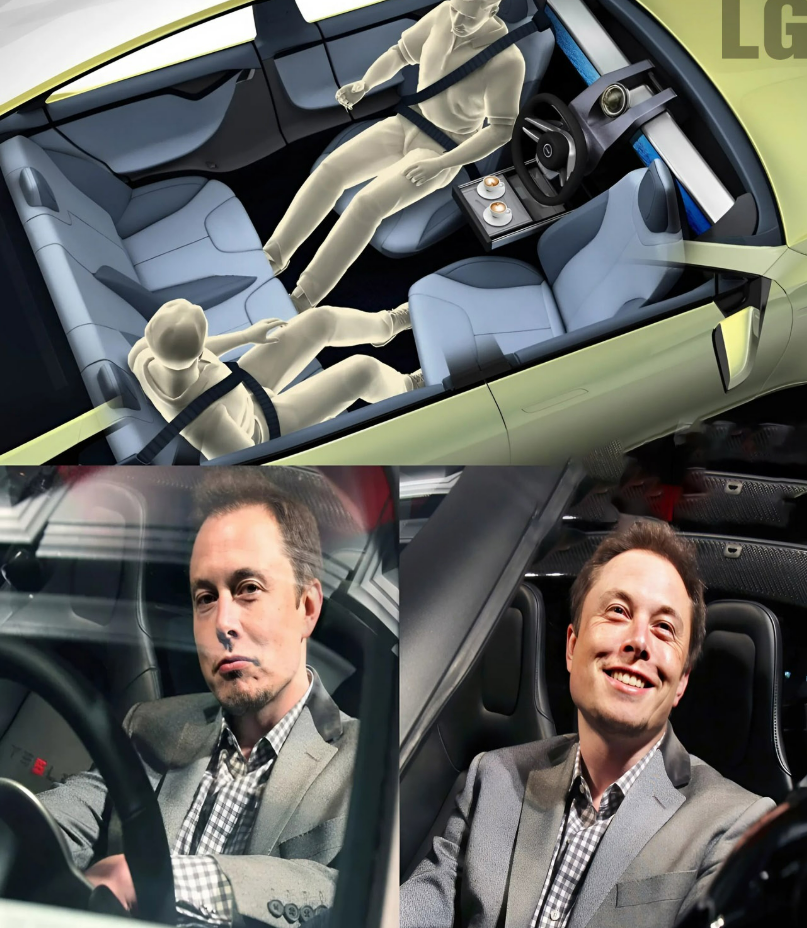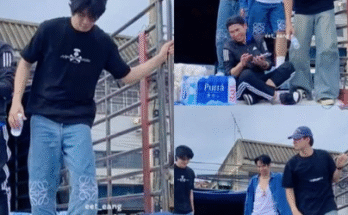Tesla CEO Eloik Musk has once again set ambitious expectations for the company’s self-driving technology. At a launch event, Musk confidently claimed that Tesla cars will achieve the ability to drive themselves 90% of the time by next year.
This bold claim comes as Tesla prepares to refine its Full Self-Driving (FSD) software, which is currently available as a beta feature for select Tesla owners. The software has been a work in progress, with gradual updates aimed at improving safety, reliability and ease of use.
A giant leap forward
Musk’s projection of 90% autonomy suggests Tesla vehicles could tackle most driving scenarios with minimal human interference. Tasks such as navigating urban streets, highway driving, and even complex intersections could soon become routine for Tesla’s AI-powered systems.“By next year, most drivers will be autonomous,” Musk said. “Drivers will only need to step in in exceptional cases or in particularly difficult situations.”
Challenges ahead
While the promise of fully autonomous driving is appealing, there are hurdles to overcome. Regulatory approval remains a major challenge, with authorities around the world wary of fully autonomous vehicles on public roads.

Additionally, Tesla has faced criticism and lawsuits over the extension of its FSD and Autopilot features, with some arguing the terms exaggerate the technology’s current capabilities.
Experts also point out that achieving 90% autonomy requires not only technological advances, but also widespread public trust and infrastructure compatibility.
What it means for Tesla owners

If Tesla delivers on Musk’s promise, drivers could experience a transformative change in their daily commute. Improved self-driving capabilities would result in reduced driver fatigue, increased coverage, and a potential reduction in accidents caused by human error.However, Tesla has a history of ambitious timelines that sometimes face delays. Musk himself has acknowledged this, saying: “The deadlines may be tricky, but the progress is trustworthy.”
The road ahead

As Tesla pushes the boundaries of autonomous driving, the next year will be a critical period. Achieving 90% self-driving capability would not only reinforce Tesla’s position as a leader in electric and autonomous vehicles, but also set a new benchmark for the industry.
Whether Musk’s vision comes to fruition or suffers delays, one thing is certain: Tesla is determined to drive the future of autonomous transportation.
What do you think?
Will Tesla cars really reach 90% range next year? Share your thoughts in the comments below!



